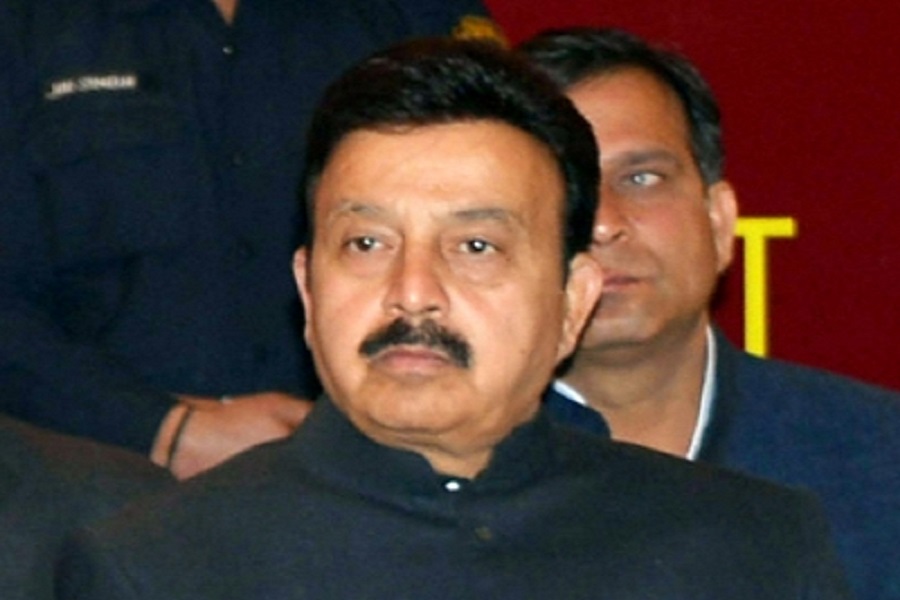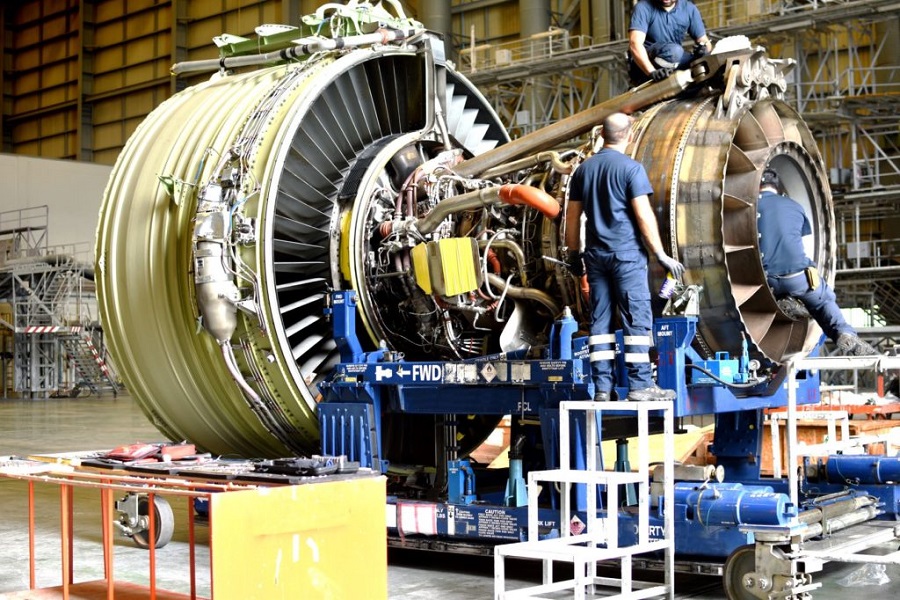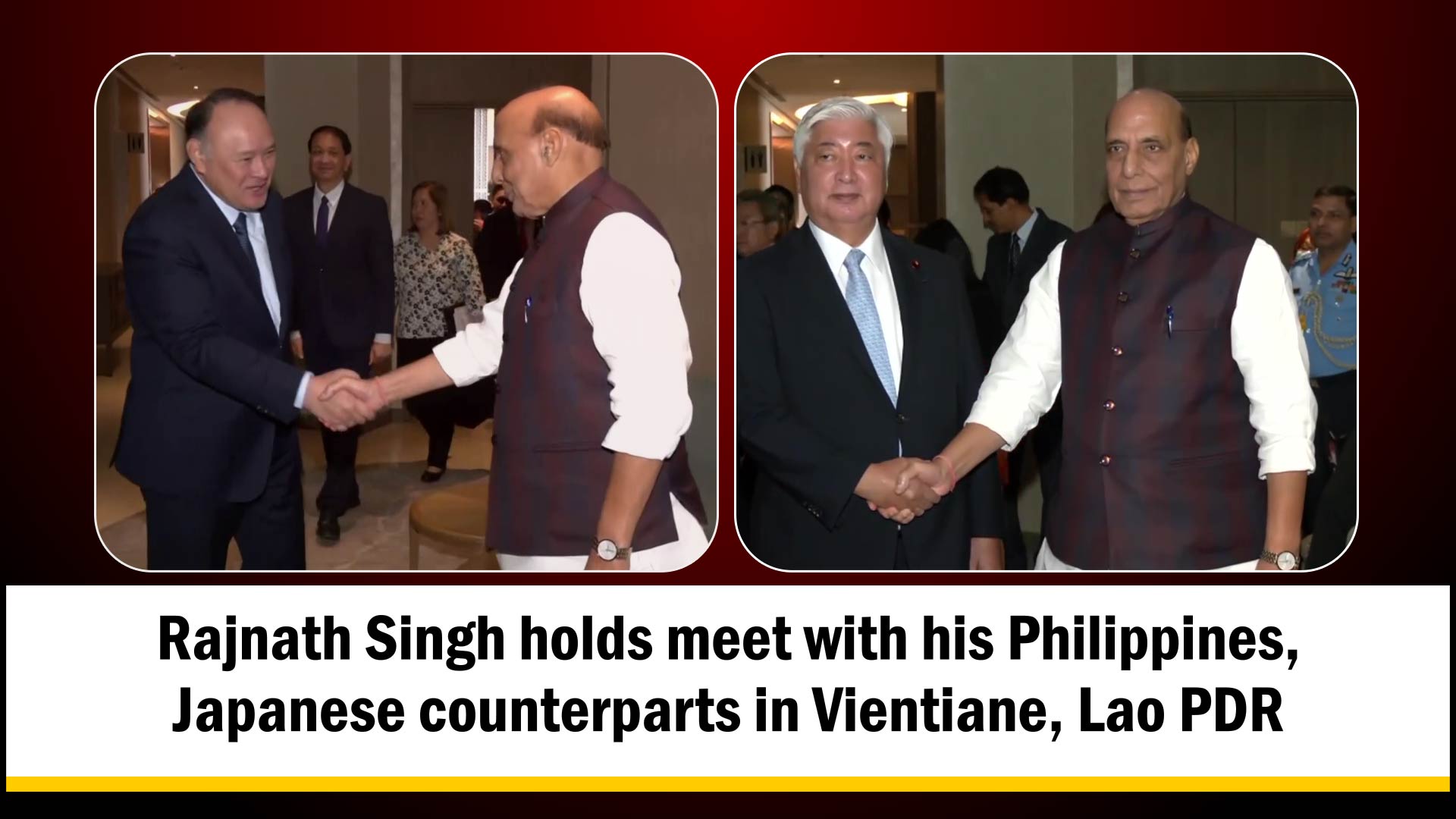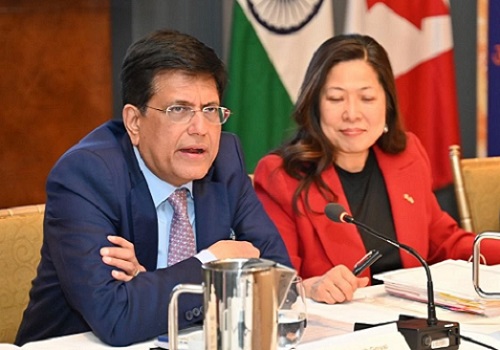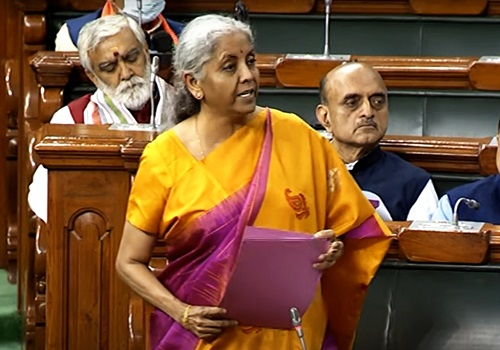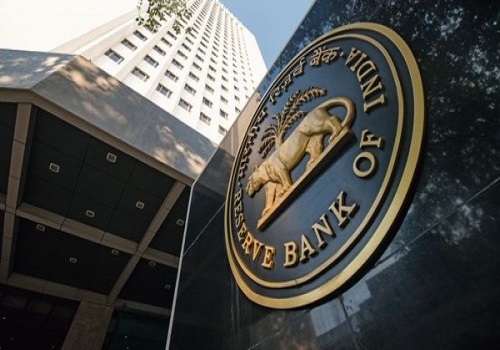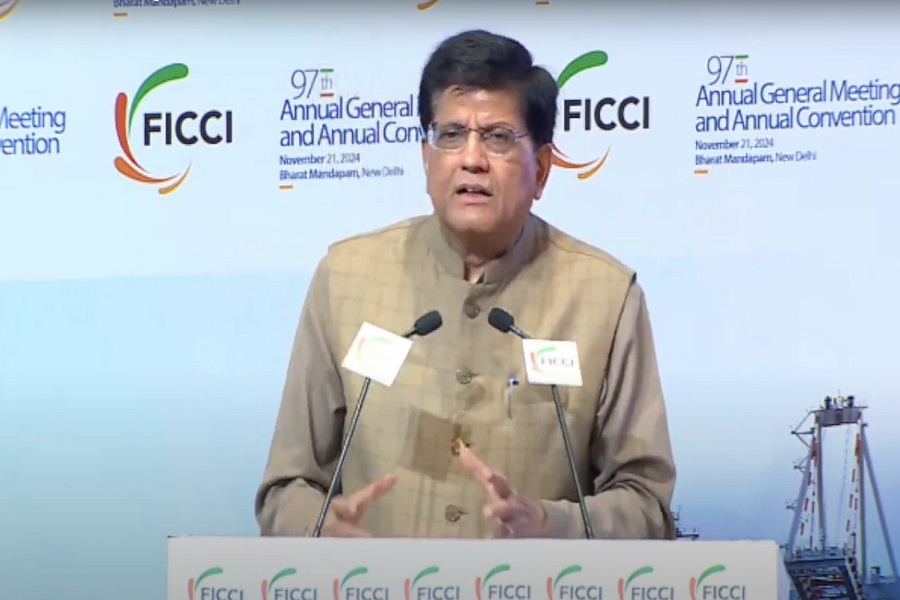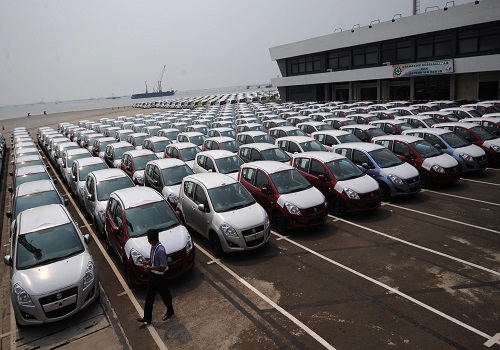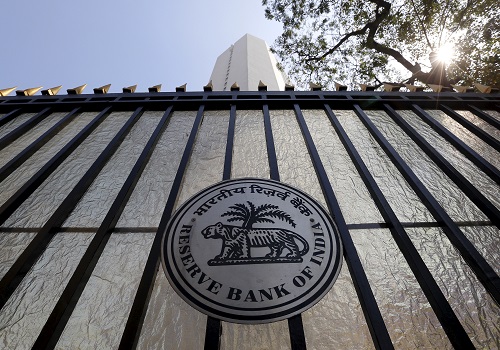India will not accept unfair taxes on steel, aluminum industry: Piyush Goyal
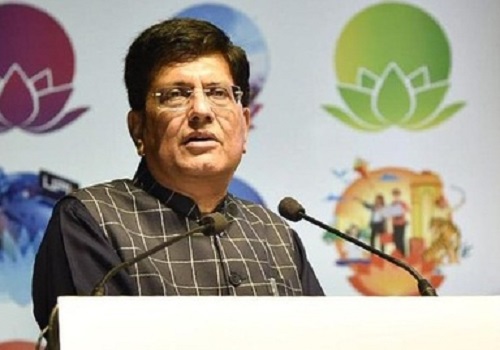
Follow us Now on Telegram ! Get daily 10 - 12 important updates on Business, Finance and Investment. Join our Telegram Channel
Expressing serious concerns over the European Union's move to impose carbon tax on imports from certain sectors like steel, Commerce and Industry Minister Piyush Goyal has assured the domestic industry that India will not accept such unfair taxes and will fight to get a fair deal for producers and exporters. He said India has already flagged its concerns over the carbon tax with the European Union (EU) and in the WTO (World Trade Organization). The CBAM (Carbon Border Adjustment Mechanism) or carbon tax (a kind of import duty) will come into effect from January 1, 2026, but from October 1 2023, domestic companies from seven carbon-intensive sectors, including steel, cement, fertiliser, aluminium and hydrocarbon products, will have to share data with regard to carbon emissions with the EU.
The minister said the world will have to take a view on this tax and India would onboard other countries on the issue to address this ‘very serious’ concern. He said ‘we will always find innovative solutions but I can assure you that India will not be accepting unfair taxes or levies being put on the Indian steel or aluminum industry or any other industry’. He said the EU would have to allow ‘common but differentiated responsibility’ to India on the issue as New Delhi is a developing economy.
Goyal said to protect domestic steel players from dumping, India is including provisions like ‘high’ value-added norms and ‘melt and pour’ in these agreements. He said ‘we are looking at both the options so that our steel industry gets protected from any dumping from the developed world and these provisions would deter countries from misuse of FTAs’. He also asked the industry to provide information about businesses who are importing that steel which is available here at competitive prices as such irrational imports hurt domestic manufacturing and demand.

